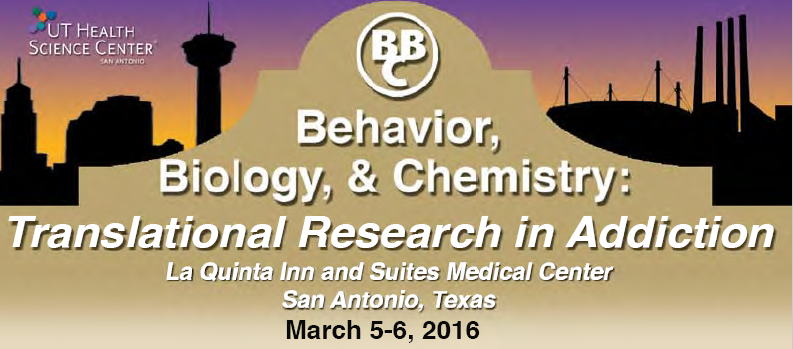
About Event
This two-day virtual conference focuses on translational aspects of addiction research among chemists, biologists, and behavioral scientists. The diversity of participants and attendees at this meeting (undergraduate students to senior faculty, chemists to psychiatrists) provides a unique venue for networking among different disciplines and in so doing promotes new and innovative approaches to medications development in addictions biology. The meeting provides a stimulating environment for young scientists who are strongly encouraged to present their work and interact with senior scientists. The BBC meeting has served as a “launch pad” for many young, innovative investigators to join the ever-growing world of SUD research.
2016 Featured Speakers
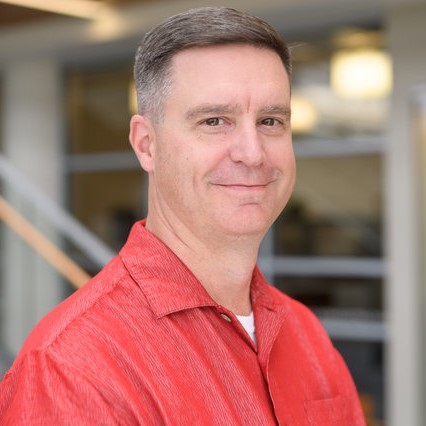
Thomas E Prisinzano, PhDUniversity of Kansas Topic: Beyond morphine: Salvia divinorum and the quest for novel opioids |
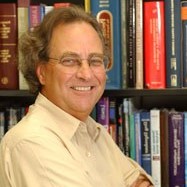 Robert Balster, PhDVirginia Commonwealth University Topic: How can you soar like an eagle when reviewers want you to walk like a duck? |
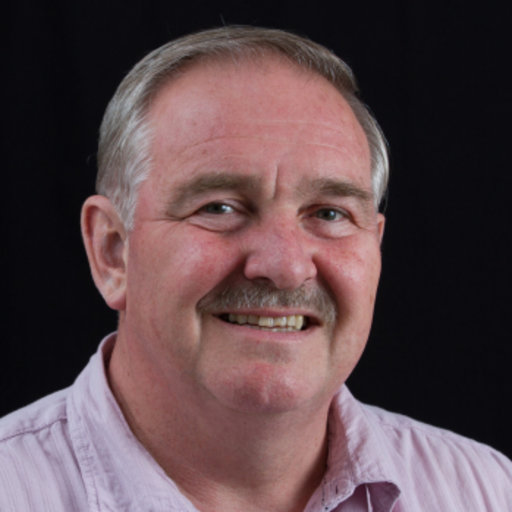 David J Nutt, PhDImperial College London Topic: The acid test, can psychedelic drugs help us understand how the brain works? |
Plenary Symposium
Glial and neuroinflammatory targets for treating substance use disorders
Glia (including astrocytes, microglia, and oligodendrocytes) have many of the same receptors as neurons, secrete neurotransmitters and neurotrophic and neuroinflammatory factors, control clearance of neurotransmitters from synaptic clefts, and are intimately involved in synaptic plasticity. Drugs of abuse can affect glial activity, including their neuroinflammatory processes, and glial activity in turn, has been found to modulate the effects of some drugs of abuse. Consequentially, glia and neuroinflammatory processes have become potential targets for pharmacotherapeutics for treating substance use disorders. This symposium will present preclinical and clinical data illustrating the range of effects some glial and neuroinflammatory modulators can have on the abuse-related effects of psychostimulants and opioids, and how drugs of abuse can affect these cells and processes, within the context of targeting pharmacotherapeutics for treating substance use disorders.
Symposium Speakers
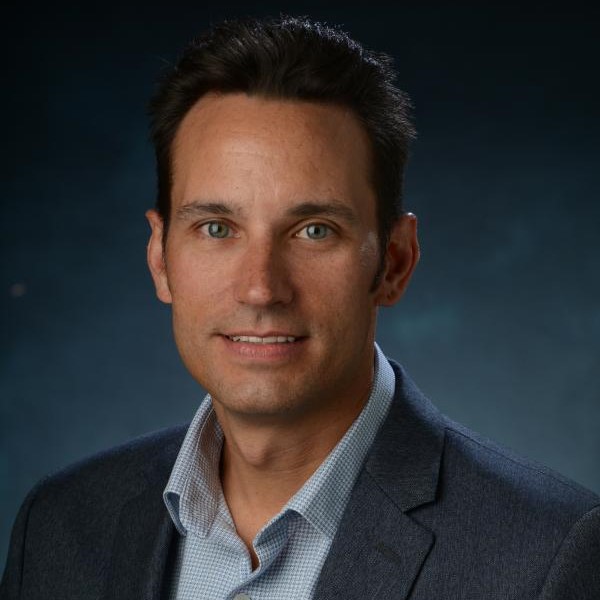 |
Ryan K Bachtell, PhDUniversity of Colorado at Boulder |
Role of microglia and toll-like receptor 4 in cocaine seeking |
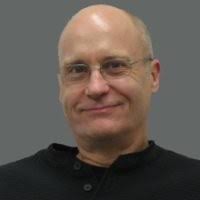 |
Patrick M Beardsley, PhDVirginia Commonwealth University |
Preclinical effectiveness of glial and neuroinflammatory modulators for attenuating some abuse-related effects of drugs |
 |
Keith G Heinzerling, MDUCLA Medical Center |
Targeting microglia in stimulant use disorders: initial clinical studies with ibudilast and methamphetamine |
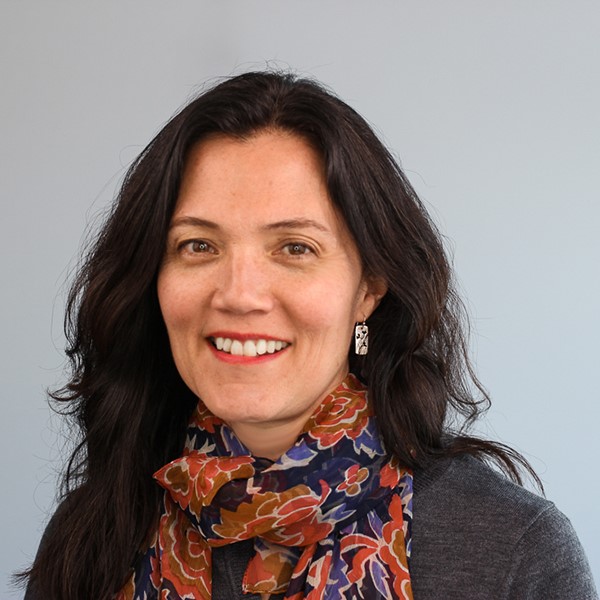 |
Sandra D Comer, PhDColumbia University and NYSPI |
Clinical studies of ibudilast, minocycline, and pioglitazone as potential treatments for opioid use disorder |